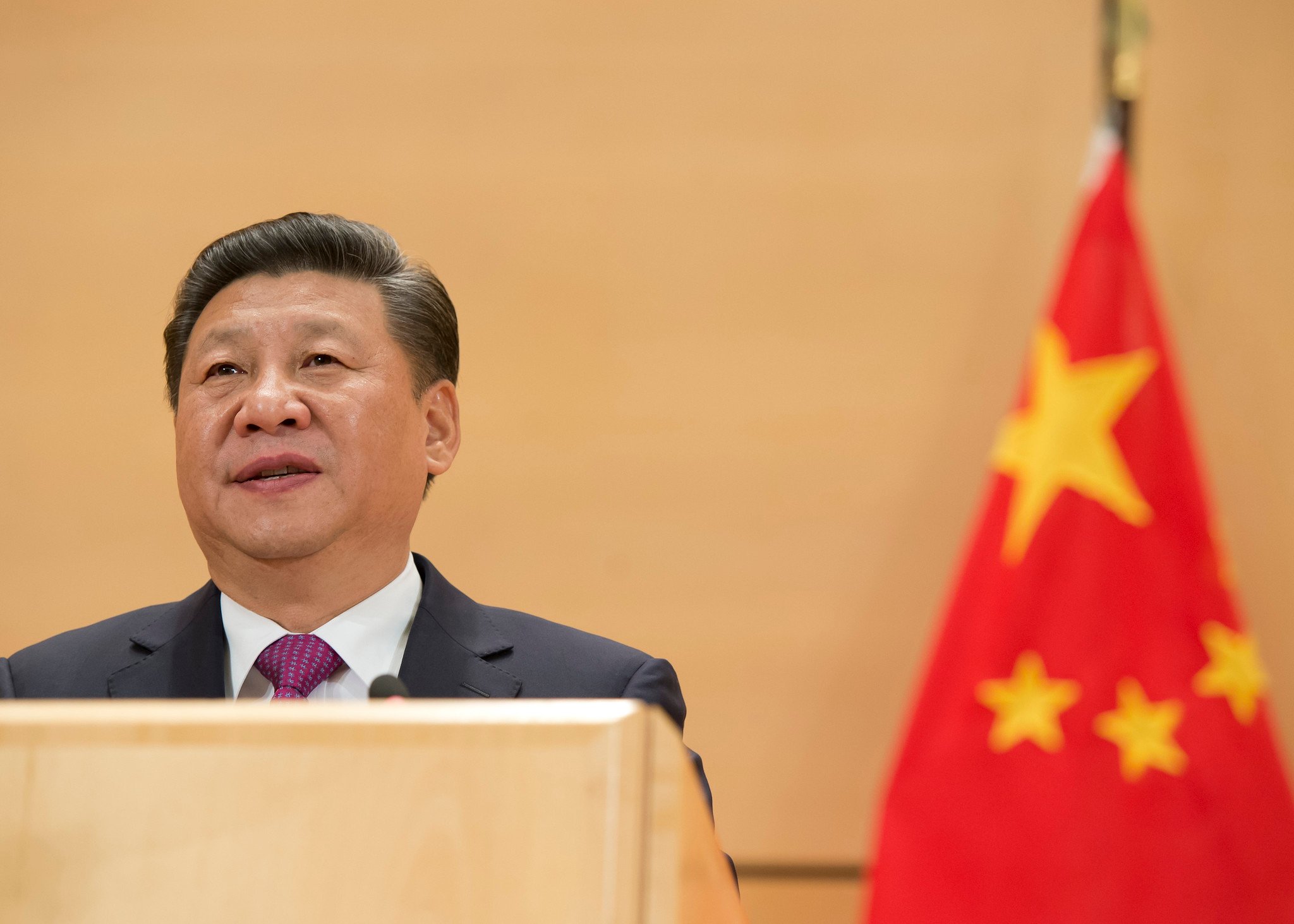
Washington should pay attention to Xi Jinping’s rhetoric when he talks about invading Taiwan, an Indo-Pacific security expert said last week.
Xi “has a very deliberate timeline” on resolving the Taiwan issue, said John Hemmings, a senior director at the Hawaii-based Pacific Forum, speaking at a Hudson Institute online event.
Hemmings added that there is a danger in believing that China is a rational actor that wouldn’t risk an invasion that would be met with force, as President Joe Biden has said publicly several times.
Following Xi and Biden’s meeting this week in Indonesia, China’s Ministry of Foreign Affairs in a readout said Xi “stressed that the Taiwan question is at the very core of China’s core interests, the bedrock of the political foundation of China-U.S. relations, and the first red line that must not be crossed in China-U.S. relations.”
“Anyone that seeks to split Taiwan from China will be violating the fundamental interests of the Chinese nation; the Chinese people will absolutely not let that happen! We hope to see, and are all along committed to, peace and stability across the Taiwan Strait, but cross-Strait peace and stability and ‘Taiwan independence’ are as irreconcilable as water and fire,” according to the readout.
Senior Pentagon officials, like Colin Kahl, the top civilian overseeing policy, expect Xi to increase military and economic pressure on Taiwan over the next two years but are not predicting an invasion.
Since late summer, Beijing has conducted live-fire and amphibious exercises simulating an invasion, increased its naval and air probing of the island’s defenses and test-fired missiles over Taiwan to express its anger at House Speaker Nancy Pelosi’s (D-Calif.) visit to the island.
“The Chinese concept of sovereignty is extremely imperialistic,” not only when it comes to Taiwan, but in the South China Sea and along its land border with India, Hemmings said. He added that only since Russia invaded Ukraine have Europeans and other nations in the Indo-Pacific taken Chinese military threats against Taiwan seriously.
On defending Taiwan against Chinese aggression, Hemmings said it “looks like we’re doing the right thing” in signaling American intentions to Beijing and U.S. allies and partners, and bolstering the island’s military capabilities to deter an invasion. The European Union as a whole and individual members issued new strategic papers identifying China as a security threat with global ambitions.
Hemmings said questions of speed and integration hang over any united response to the immediate threat to Taiwan and others in the region when it comes to dealing with China, economically, diplomatically and militarily.
Citing retired Adm. Scott Swift, former U.S. Pacific Fleet commander, “command and control is a big issue” in the Indo-Pacific. Currently, allies and partners are “unable to work together in real time,” Hemmings said. “We should have the architecture there” now to respond together in a crisis on a digital battlefield or to misinformation campaigns.
Several times during the session Hemmings mentioned Xi’s commitment to digital technology that has both political and military uses.
A NATO-like alliance is unlikely to form in the Indo-Pacific to counter China, Hemmings said. Instead, “what we end up with is this fractured system” of different treaties with Japan, Republic of Korea, Australia, New Zealand, the Philippines and Thailand.
But even under those treaties, the United States has done better at reassuring some allies than others, he said. He referred to Japan’s control of the Senkaku Islands in disputes with China and Russia versus Washington’s long-time lack of immediate response to China exercising territorial claims near the Philippines.
“We have to do it much better than what we’re doing,” he said.
There’s also a new technology-sharing agreement between Australia, the United Kingdom and the United States, known as AUKUS, that will eventually lead to Canberra having a fleet of nuclear-powered attack submarines.
On the Quad, the informal alliance between the U.S., India, Australia and Japan, Hemmings said “we’re under-employing the military aspect” of this economic and security partnership. The United States particularly needs to do “a better job of re-assuring India” of its support when it comes to China’s threat to its land borders and at sea.
In this new period of great power competition, Hemmings sees the challenge as systemic, with China as the leader and Russia as the assistant in pushing spheres of influence. Much of the world, including those closest to Beijing in southeast Asia, are resisting China’s push to choose its and Moscow’s approaches as the future, he argued. “They’re pushing back” in favor “of a free and open Pacific,” not dominated by a single power.
With allies, he said there are opportunities for national defense base and technology integration and acknowledged China’s threats to proprietary information in Silicon Valley.
As an example of Xi’s determination to have Beijing lead the world in digital technology, Hemmings cited China’s commitment to funding for its digital infrastructure during the COVID-19 shutdown that affected other areas of its economy. Xi “named data as a national resource” critical for domestic control and foreign expansion.
“Xi is a committed Marxist and futurist,” he added.





